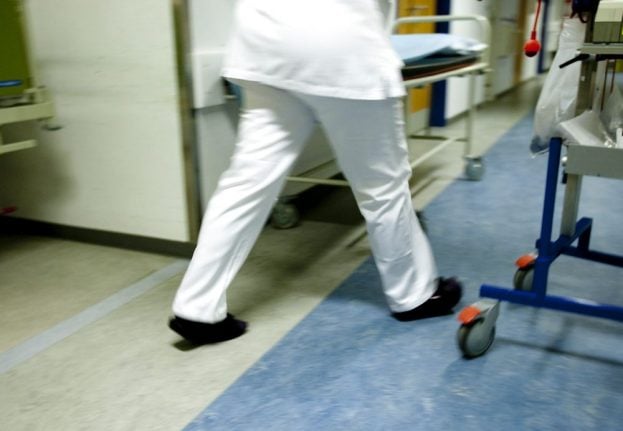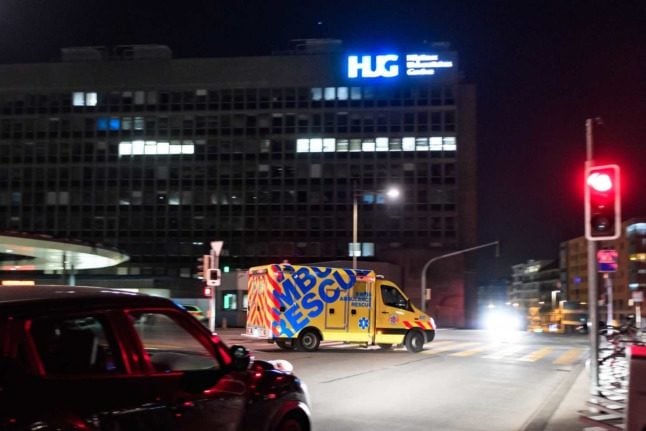The examinations took place at Ringsted Hospital, newspaper Jyllands-Posten reports.
Since February this year, the newspaper has reported on inadequate breast cancer screening at the hospital which took place between 2013 and 2017.
During that period, the hospital overlooked national guidelines by examining women solely by mammography, and without using physical or ultrasound methods, Jyllands-Posten reports.
Re-examinations have resulted in nine diagnoses of breast cancer in addition to that of the woman who was the whistleblower in the case.
Health authority Region Zealand has reviewed the medical records of thousands of women who were potentially subject to inadequate testing before later being diagnosed with the disease.
DPSA found that the hospital on a number of occasions decided not to disclose to patients that initial results may have indicated possible breast cancer when calling them in for further diagnostic examinations, in breach of Danish medical law.
The practice has now been changed after DPSA warned it would issue an injunction, Jyllands-Posten writes.
The independent Danish Patient Compensation Association (Patienterstatningen) is to determine whether the affected patients are entitled to reparations.
Vagn Bach, who was director at the Slagelse, Næstved and Ringsted hospitals, has left his position as a result of the controversy surrounding the issue.



 Please whitelist us to continue reading.
Please whitelist us to continue reading.
Member comments